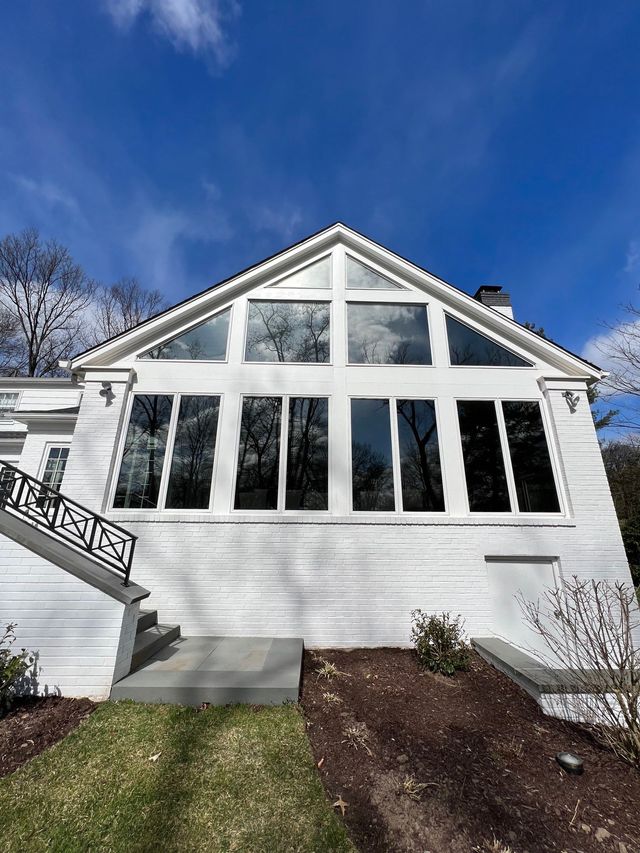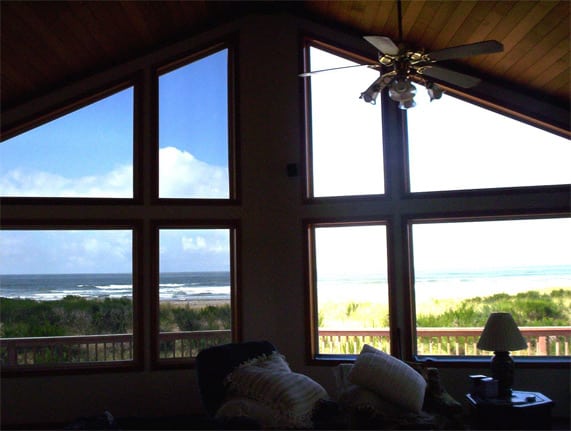Residential Window Tint: Improve Personal Privacy and Style in Your Home
Residential Window Tint: Improve Personal Privacy and Style in Your Home
Blog Article
How Residential Window Tinting Improves Your Home's Energy Efficiency
Residential window tinting offers a compelling service for house owners seeking to boost energy effectiveness within their living rooms. By using specialized movies to home windows, it successfully lowers warm transfer, thereby stabilizing indoor temperature levels and reducing the requirement for extreme heating or air conditioning. This not only cuts energy intake yet also offers an extra comfy environment by mitigating glow. However, comprehending the nuances of exactly how tinting jobs and choosing the ideal kind for your home can be pivotal. Curiously, what aspects should one take into consideration before making this investment?
Comprehending Home Window Tinting
Recognizing home window tinting is important for homeowners seeking to enhance both convenience and power effectiveness in their living areas. Residential Window Tint. Home window tinting includes the application of a slim film to the inside or outside surface of glass home windows. This movie can significantly regulate the amount of sunlight and warm that gets in a home, therefore influencing indoor climate conditions
There are various kinds of home window tinting movies offered, each with unique residential properties. The effectiveness of home window tinting is frequently gauged by its Visible Light Transmission (VLT) percentage, which shows just how much light can pass through the movie.
Benefits of Energy Effectiveness
Home window tinting not only enhances aesthetic appeals but also plays a substantial role in improving energy performance within domestic areas. By lowering warm transfer with home windows, colored movies develop a more secure interior climate, which can cause significant reductions in energy intake for cooling and heating. This power efficiency converts into lower utility expenses, providing house owners with significant long-lasting savings.

In addition, window tinting improves the convenience of living rooms. By lessening glare and obstructing unsafe UV rays, colored windows produce a more pleasurable setting, which can lead to improved well-being for residents. The protection against UV rays likewise helps maintain furniture and flooring from fading, adding to the longevity of house things.
How Tinting Works
Tinting films run with a mix of innovative materials and technologies designed to manage the quantity of solar power going into a home. Mainly made up of polyester, these movies frequently integrate ceramic or metallic fragments that show and take in warmth. This dual ability permits them to substantially decrease the infiltration of ultraviolet (UV) rays and infrared radiation while permitting noticeable light to pass through.
The efficiency of home window tinting is determined by its solar warm gain coefficient (SHGC), which shows exactly how much solar power is transferred with the window. Lower SHGC values are more suitable as they represent higher heat rejection. Furthermore, window colors can feature a selection of tones, permitting house owners to tailor their you can find out more aesthetic preferences while boosting energy efficiency.
Additionally, these movies act as an obstacle, preventing warm loss during cooler months by showing indoor heat back into the home. This thermal insulation result matches the cooling benefits acquired during warmer months, adding to a balanced indoor climate year-round. By taking care of solar power effectively, household home window tinting not just improves comfort however additionally plays an essential role in minimizing power usage and reducing utility bills.
Choosing the Right Color

There are different kinds of home window films offered, consisting of dyed, metalized, and ceramic. Colored films are economical however might have limited sturdiness. Metalized movies supply much better warmth rejection but can hinder electronic signals. Ceramic films offer exceptional warmth control without endangering exposure and are extremely durable, making them a popular option.
Visible light transmission (VLT) is an additional essential element, as it indicates the quantity of natural light that can go through the tinted glass. House owners ought to pick a tint with a VLT that complements their illumination choices while still giving ample glare decrease.
Furthermore, examining the solar warm gain coefficient (SHGC) can help identify how well a color can obstruct heat from sunshine. A reduced SHGC indicates much better heat control, eventually boosting power performance.
Setup and Upkeep Tips
Proper installment and maintenance are essential components in optimizing the advantages of domestic window tinting. Professionals additionally utilize specialized tools and methods, which can enhance the durability and efficiency of the color.
Complying with installation, maintenance is important to extend the life of the window movie. It is recommended to wait a minimum click here for more info of thirty days prior to cleaning up the tinted home windows to enable the glue to treat totally. When cleaning, use a soft cloth and a gentle, ammonia-free cleaner to stay clear of harming the film. Avoid rough materials that can scratch the surface area.
In addition, routine inspections are valuable. Inspect for any kind of peeling or bubbling, which might show incorrect installation or put on with time - Residential Window Tint. Resolving these issues promptly can stop additional damage and preserve energy performance. By sticking to these installation and maintenance pointers, homeowners can guarantee their home window tinting continues to provide substantial power cost savings and comfort for years ahead.
Conclusion
In verdict, domestic home window tinting offers as an effective remedy for improving energy efficiency within homes. By decreasing heat transfer and their explanation obstructing dangerous UV rays, window movies contribute to decrease energy consumption and enhanced indoor comfort.
Home window tinting includes the application of a slim movie to the inside or exterior surface area of glass windows. By lowering heat transfer through home windows, tinted films produce an extra steady interior environment, which can lead to substantial reductions in energy usage for home heating and air conditioning.The efficiency of home window tinting is measured by its solar warm gain coefficient (SHGC), which indicates just how much solar power is transferred via the home window. By handling solar energy successfully, property window tinting not just improves comfort however also plays a crucial function in decreasing power usage and decreasing utility expenses.
By lowering heat transfer and obstructing dangerous UV rays, home window movies contribute to lower energy consumption and boosted indoor convenience.
Report this page